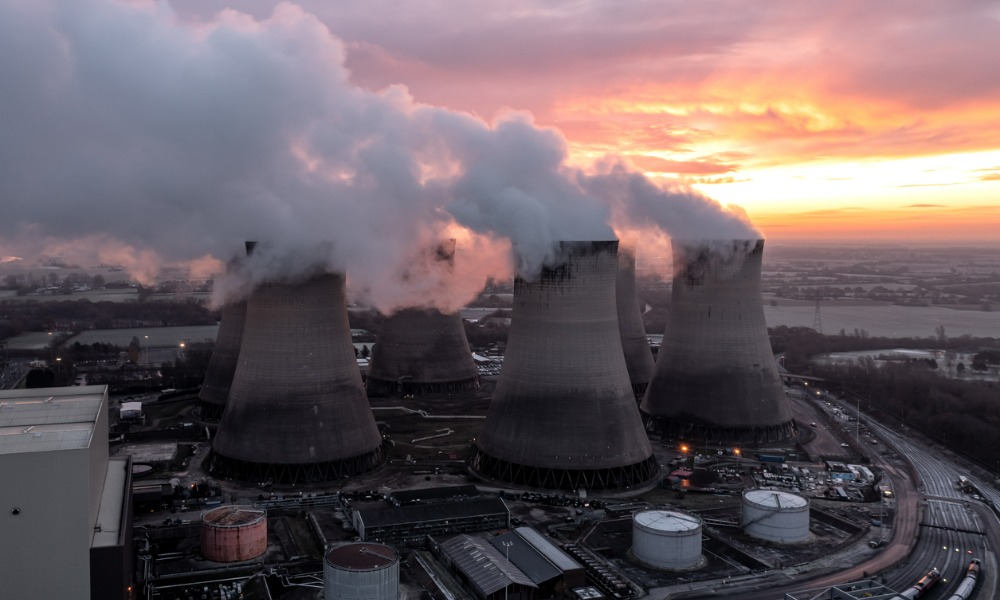
Regulations violated the Climate Change Response Act 2022, group alleges

Advocacy group Lawyers for Climate Action NZ has sought the High Court’s judicial review of recent climate regulation, claiming that the greenhouse-gas volume and prices it set violated the Climate Change Response Act 2002 and fell short of New Zealand’s commitments to mitigate climate change under the national greenhouse gas emissions trading scheme.
The national greenhouse gas emissions trading scheme (ETS), created under the Climate Change Response Act 2002, required businesses in covered sectors to surrender one “unit” for every tonne of greenhouse gas emitted, with the “New Zealand unit” being one metric tonne of carbon dioxide or the equivalent of other covered greenhouse gases.
Under the ETS, the government was then required to fix the number of “New Zealand units” available to businesses each year in line with emissions targets and set the volume and price of new available units for auction.
The statement of claim filed by Lawyers for Climate Action NZ on Tuesday through solicitor Martin Smith of Gilbert Walker asserted that the cabinet’s Climate Change (Auctions, Limits, and Price Control for Units) Amendment Regulations 2022 made an additional 35 million New Zealand units – more than one year’s worth of emissions – available at low prices over the next five years, contravening New Zealand’s emissions budget, commitment under the Paris Agreement, and 2050 net zero target.
“The ETS is supposed to act like a tether on our emissions,” said Lawyers for Climate Action NZ president Bronwyn Carruthers. “[Instead,] Cabinet signalled that whenever tension starts to go on, it will throw out more rope. Unsurprisingly, the price of ETS units has collapsed following [this decision].”
Carruthers said that the Climate Change Commission had recommended ETS settings that were consistent with New Zealand’s emissions budgets and the nationally determined contributions to the Paris Agreement – but these recommendations had been ignored in favor of prioritizing cost-of-living concerns and lowering carbon prices to prevent the rising ETS unit prices from trickling down to households.
“There is scientific consensus that limiting warming to 1.5°C is essential to avoid the worst impacts of climate change. It is also the agreed global goal under the Paris Agreement, and the purpose of the Climate Change Response Act,” Carruthers said. “Every lever we have should be being exercised to its greatest extent to try to mitigate this coming humanitarian and ecological disaster. The use of these regulations to water down one of the few tools we have to lower Aoteaora New Zealand’s emissions is unacceptable and unlawful.”
Lawyers for Climate Action NZ said it brought the statement of claim before the High Court “in the public interest, having regard to the serious threat that the climate crisis poses to all New Zealanders”. It asked the court to declare the Climate Change Amendment Regulations 2022 inconsistent with the Climate Change Response Act and order that the regulations be remade.